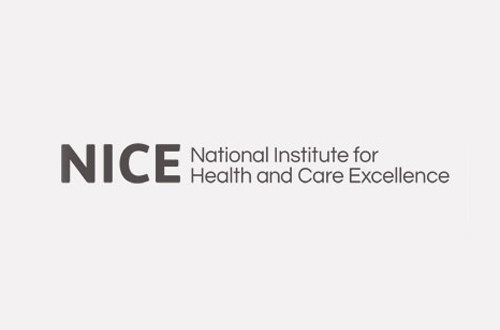
Pfizer’s ambitions for cancer drug Bosulif were struck a blow today when the UK’s National Institute for Health and Care Excellence (NICE) turned down the drug for NHS use in first draft guidance.
NICE, which assesses the cost-effectiveness of drugs for use on the NHS in England and Wales, said Bosulif (bosutinib) did not represent good enough value for use in the treatment of patients with chronic myeloid leukaemia (CML).
Sir Andrew Dillon, NICE’s chief executive, pointed out that the organisation had already recommended Novartis’ Glivec (imatinib) and Tasigna (nilotinib) for different stages of CML, and that limited NHS resources meant Bosulif could not be added to those numbers despite Pfizer offering a discount through a patient access scheme.
“CML is a chronic condition, meaning the drugs will be used for a long period of time and even with the proposed patient access scheme, which reduces the overall cost of treatment, bosutinib doesn’t offer enough benefit to justify its price,” said Sir Andrew.
On top of this, NICE’s statement mentioned that there were limitations in the evidence provided by Pfizer, which means that the benefit of Bosulif compared to other treatments in terms of the estimated effect on overall survival was unclear.
Not counting the patient access scheme, NICE said the annual cost of Bosulif was predicted as £44,799, meaning the cost per quality adjusted life year would be above £43,000 for people with chronic CML.
This would push the drug above the £30,000 per QALY that NICE generally holds as a limit, while the cost per QALY for people with the more advanced accelerated and blast phases of the disease was even higher at £65,000 and £89,000 respectively.
The negative guidance comes at a time when healthcare systems are becoming increasingly concerned about the high cost of leukaemia drugs.
In April 2013 an article in the journal Blood saw 20 physicians specialising in CML treatment call for price reductions for CML drugs, claiming that Bosulif, Ariad Pharma’s Iclusig (ponatinib) and Teva’s Synribo (omacetaxine) were priced at “astronomical” levels in the US.
So far this pressure has been focused on the US, however, having received European approval for Iclusig earlier this month Ariad has yet to go through the reimbursement process in individual countries.
Regarding the draft NICE guidance for Bosulif, there is now a consultation period during which Pfizer can respond to NICE’s recommendation.
Responding to NICE’s recommendation, Pfizer said it was “disappointed”, but would engage with the organisation to seek a positive outcome for patients with CML.
“Despite the availability of existing treatments for CML, there remains a need for additional options for patients,” said the company.
“During the course of CML treatment some patients may not respond, may stop responding as the disease develops resistance to the treatment, or may not be able to tolerate their therapy. In addition, some patients may have other ongoing health issues that would make it inappropriate to use one or more of the existing CML therapies.”




